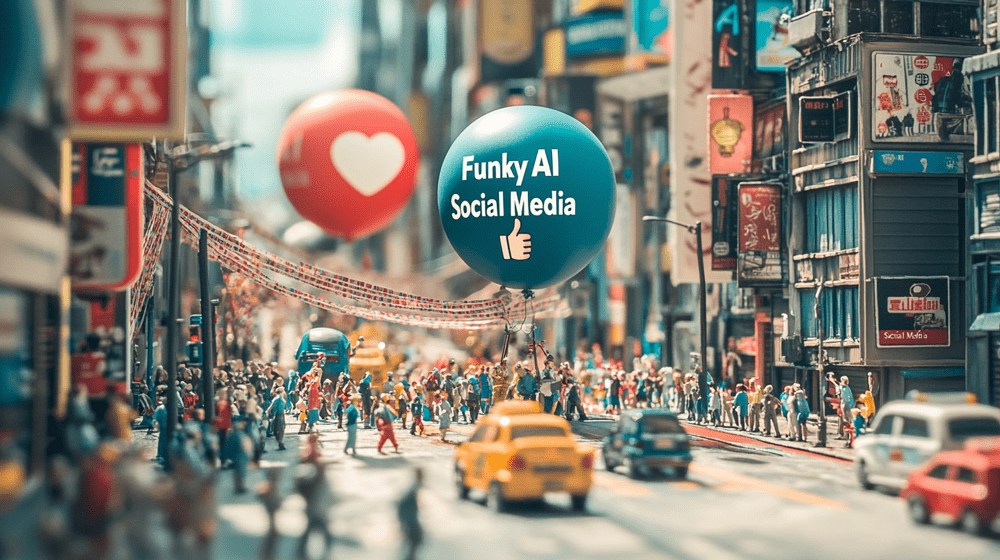Why Traditional Content Marketing and Advertising Will Not Work in the Future
In a world where digital marketing is constantly evolving, traditional content marketing and advertising is facing a significant challenge. With the emergence of artificial intelligence (AI) and changing consumer behavior, it is clear that old methods are no longer sufficient. This article is aimed at marketers, business leaders and anyone interested in understanding what the future of marketing will look like.
Infrastructure changes in Marketing
Traditional content marketing has long focused on creating content to drive traffic and conversions. But with the rapid development of AI and automation, the marketing infrastructure must change. Platforms and tools must now support research and targeted communications. It's no longer just about producing content, but about identifying customer pain points and offering real value.
According to a report by TechTarget, AI is expected to revolutionize marketing by automating processes and improving personalization. This means that companies that don't adapt to these changes risk being left behind.
The importance of Measurement and Automation
To succeed in the new marketing landscape, measuring and automating data is crucial. AI can help analyze large amounts of data to identify trends and insights that can inform marketing strategies. But it's not enough to just use AI to generate content; it also requires a deep understanding of how to use these tools effectively.
Many companies that are now starting to use AI for content generation will fail if they do not also invest in skills development and strategic planning. AI can create content, but without a clear strategy and analysis, it can be a costly investment with no return.
Purpose Driven Marketing and Audience Segmentation
Another important aspect of the future of marketing is purpose-driven marketing. Instead of targeting a broad group of customers, businesses need to segment their audiences more carefully. This means creating content that is not only SEO-optimized, but also solves specific problems for different customer segments.
By understanding the unique needs of each audience, businesses can create more relevant and engaging content. This requires a combination of high-quality content and data-driven analytics to ensure the right message reaches the right people.
Challenges for Traditional Agencies
Traditional marketing agencies are facing major challenges in this new era. It is no longer enough to have a basic understanding of marketing and learn a little about AI. It takes excellence in both AI and marketing to navigate the complex landscape of digital communications.
Companies like Funky Chicken have demonstrated that many are currently trying to generate content in large quantities, but lack the agile ability to evolve and adapt. Without the right tools and technology stack, these companies will struggle to stay relevant.
The future of marketing
The future of marketing will be characterized by a combination of AI, automation and a deeper understanding of customer needs. Companies that can adapt to these changes and invest in the right skills and tools will have a significant advantage. It's not just about creating content, but about creating value and building relationships with customers.
How AI will affect the future of content marketing | TechTarget
With AI, content marketing strategies can change, for better or worse. Find out how marketers use AI in their workflows and the challenges they face.

Key points:
-
- Traditional content marketing and advertising are becoming obsolete.
- AI and automation are crucial to understanding customer needs and pain points.
- Purpose-driven marketing requires a deeper segmentation of target groups.
- High-quality content and data-driven analysis are essential for success.
Frequently asked questions
How is AI impacting content marketing?
AI is revolutionizing content marketing by automating processes and enabling more personalized campaigns.
What is purpose-driven marketing?
Purpose-driven marketing focuses on creating content that solves specific problems for different audiences rather than just driving traffic.
Why do many companies fail with AI?
Many companies fail with AI because they don't invest in the right skills and strategic planning.
How can companies measure success in the new marketing landscape?
Companies can measure success by using data-driven analytics to understand customer behavior and adjust their strategies accordingly.







